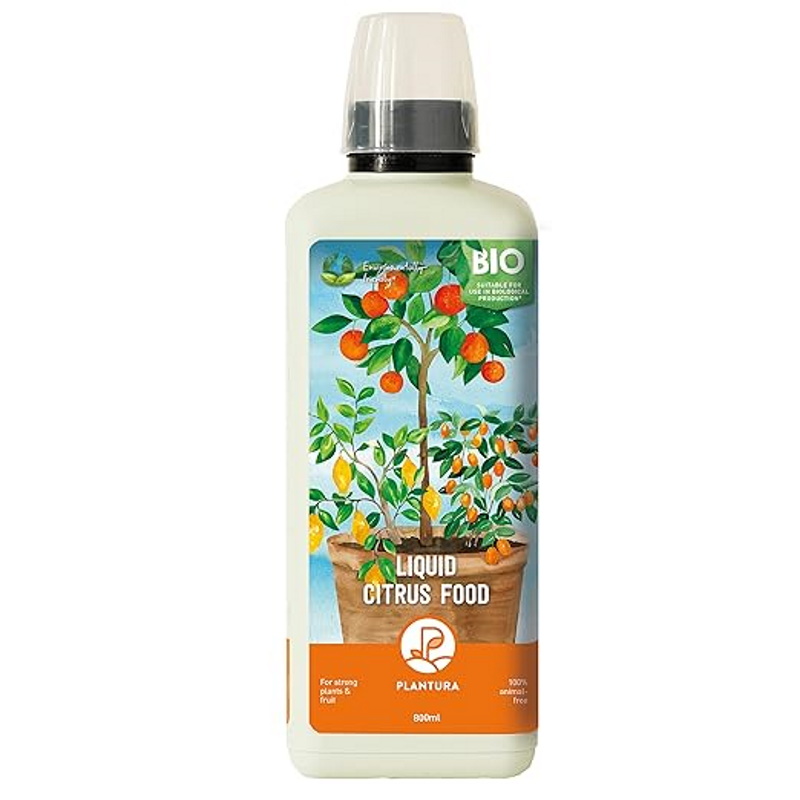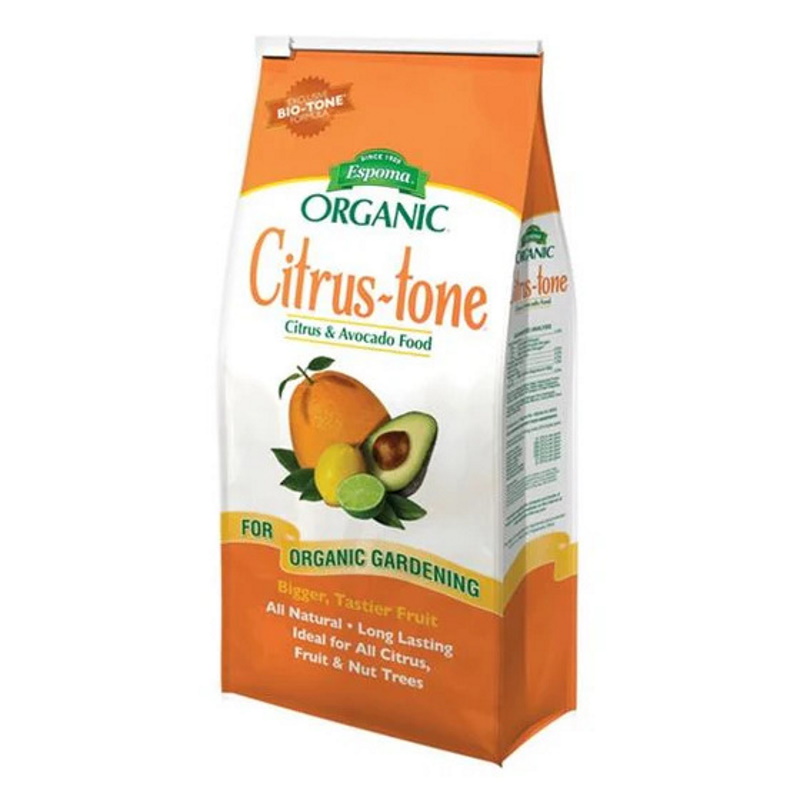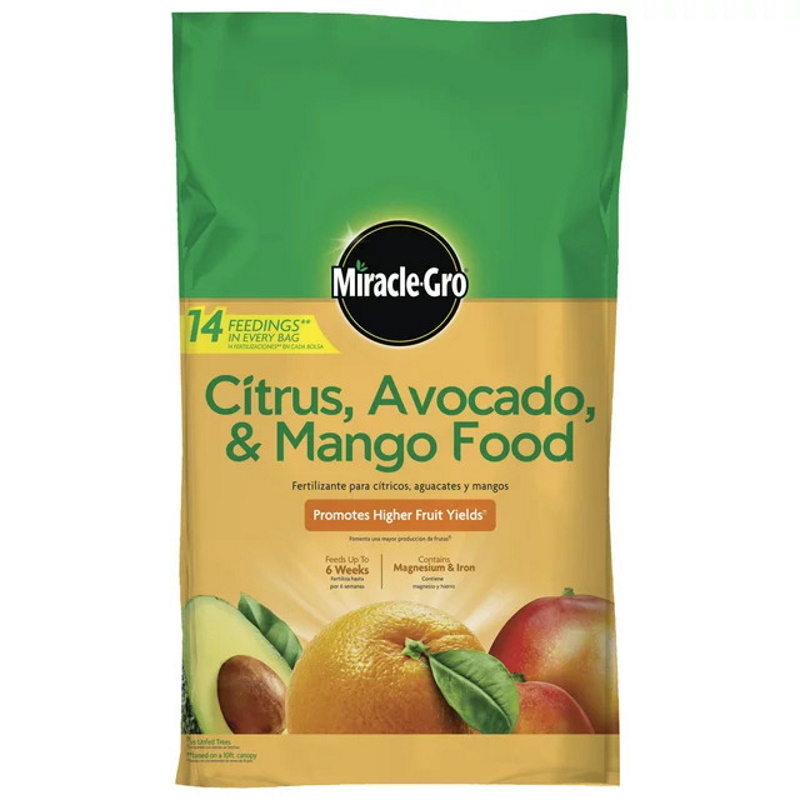When to fertilize citrus trees – plus expert tips on how to do it
Master the art of feeding your citrus trees and you'll be rewarded with a healthy crop of fruit

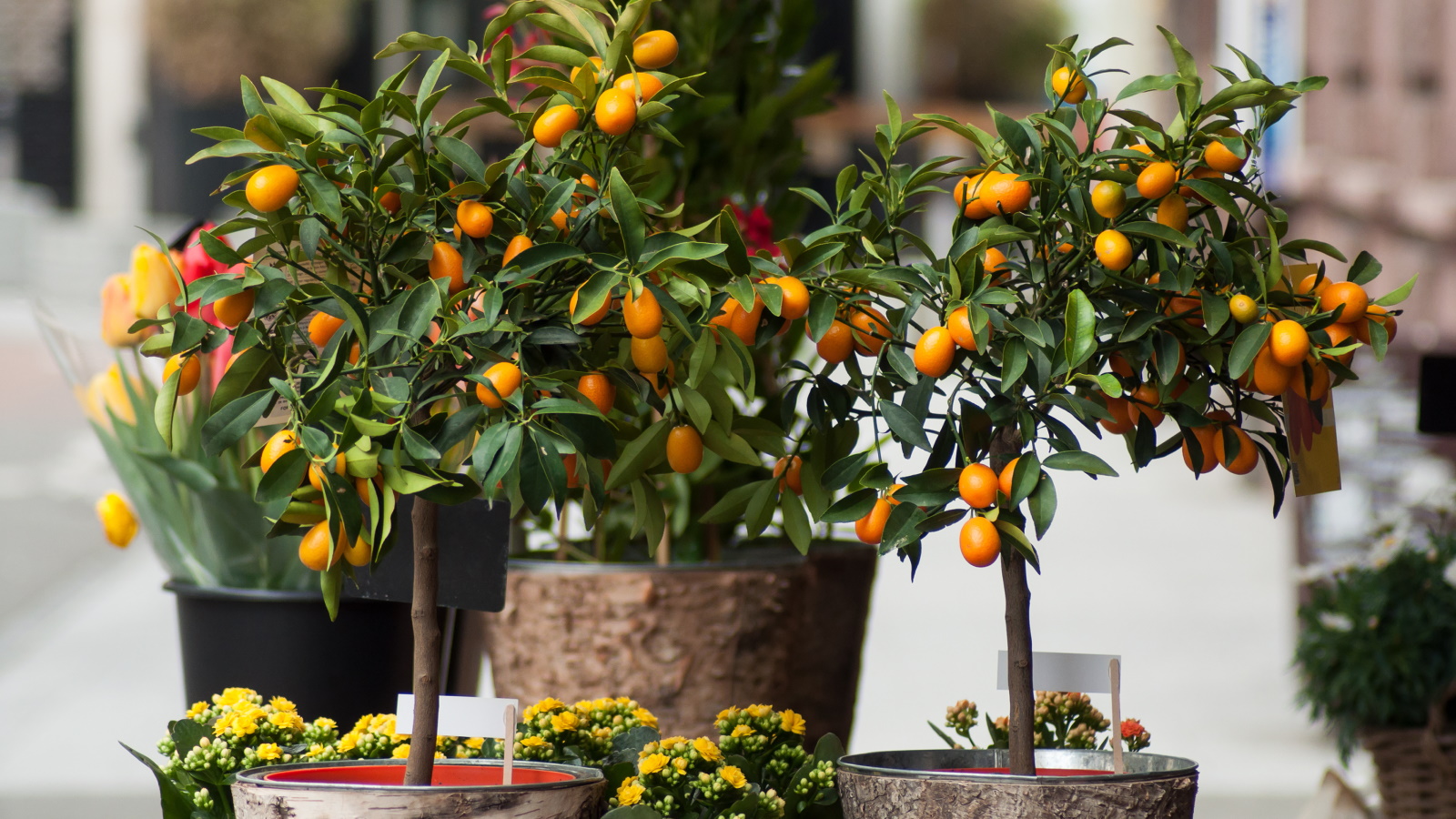
There are few things better than eating food you've grown yourself, and when you get a particularly fruitful harvest, you're rewarded with a wonderful feeling of accomplishment.
It's important to know how to fertilize fruit trees, but you also need to know when to fertilize fruit trees if you want a healthy and abundant harvest. While there are some general fruit tree rules to follow, citrus trees (lemons, limes, and oranges, among others) exist in a league of their own.
It can be daunting to get citrus tree fertilization correct, but luckily we've asked experts for all you need to know about when is the right time to feed your citrus trees and how to best do it.
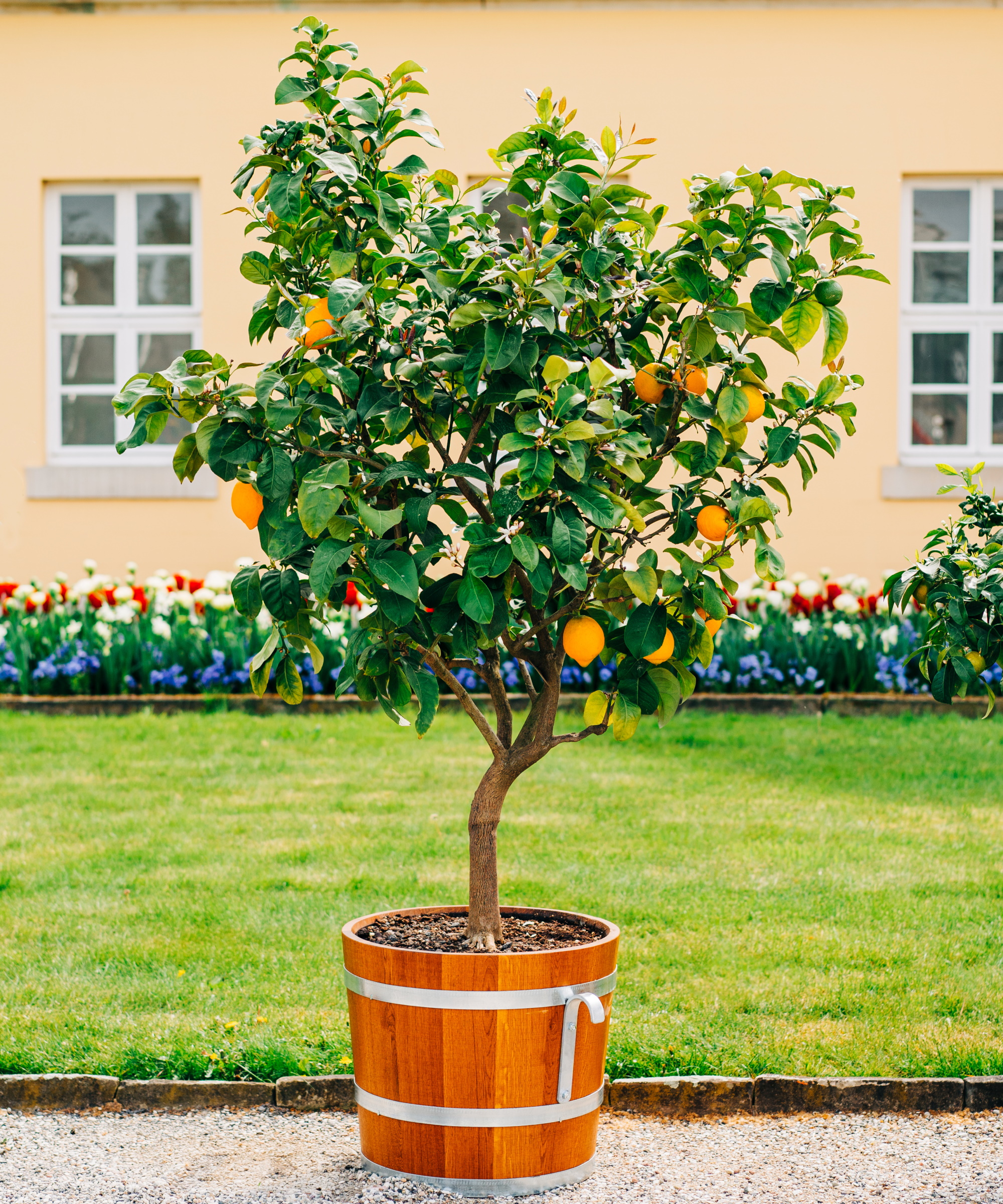
When to fertilize citrus trees
Citrus tree care and growing is somewhat technical and an art to master in order to harvest plenty of fruit.
Not only do you need to water citrus trees correctly and know when to prune citrus trees, but it's key to provide proper fertilization in the right frequency.
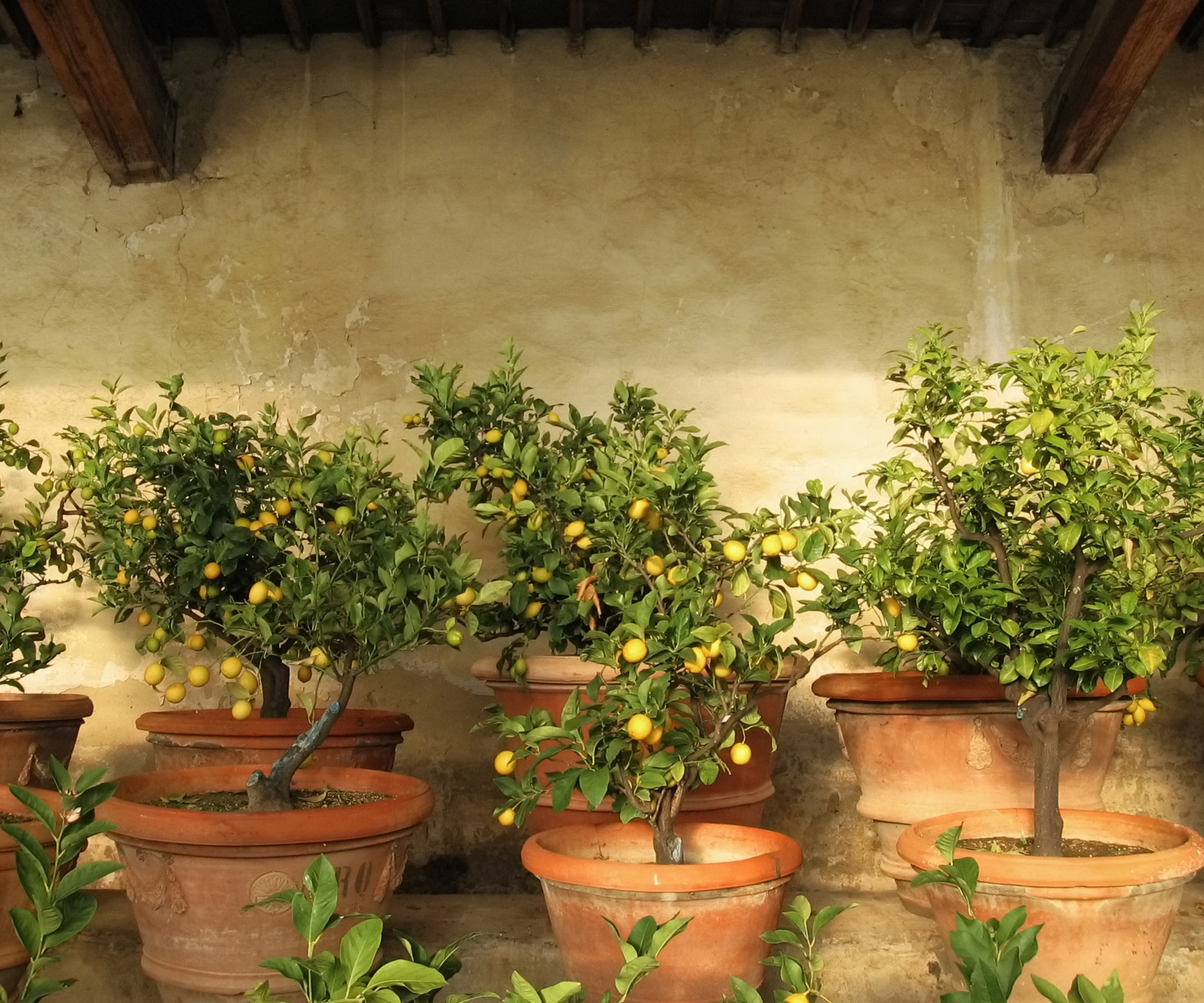
'I previously maintained a large collection of potted citrus trees that were used for displays around historic gardens,' says Drew Swainston, former professional gardener and content editor at Homes & Gardens. 'Fertilizing was an important year-round task to ensure that the potted trees remained healthy and performing at their best,' he adds.
Drew notes that it's key to feed citrus trees throughout the year to keep them producing fruit, altering the frequency in different seasons.
Design expertise in your inbox – from inspiring decorating ideas and beautiful celebrity homes to practical gardening advice and shopping round-ups.
'During spring and summer the trees were fed every two weeks with a granular fertilizer that was mixed into the soil. Through fall and winter, when the citrus trees were moved to a protected position for the colder months, the fertilizing dropped to once a month,' says Drew.
As well as the season, there a few tell-tale signs that your citrus tree is doing well and doesn't require so much fertilizer.
'Pay attention to your tree. If it's lush and green with healthy fruit, you can ease off a bit. Once fall arrives and things slow down, hold off on fertilizing until spring,' suggests Evan Torchio, tree expert and CEO of Tree Mender.
As a general rule, you can fertilize your citrus trees more frequently during active growth seasons and reduce feeding in colder months. It's important to note that this is a key care task even if you're growing citrus inside.
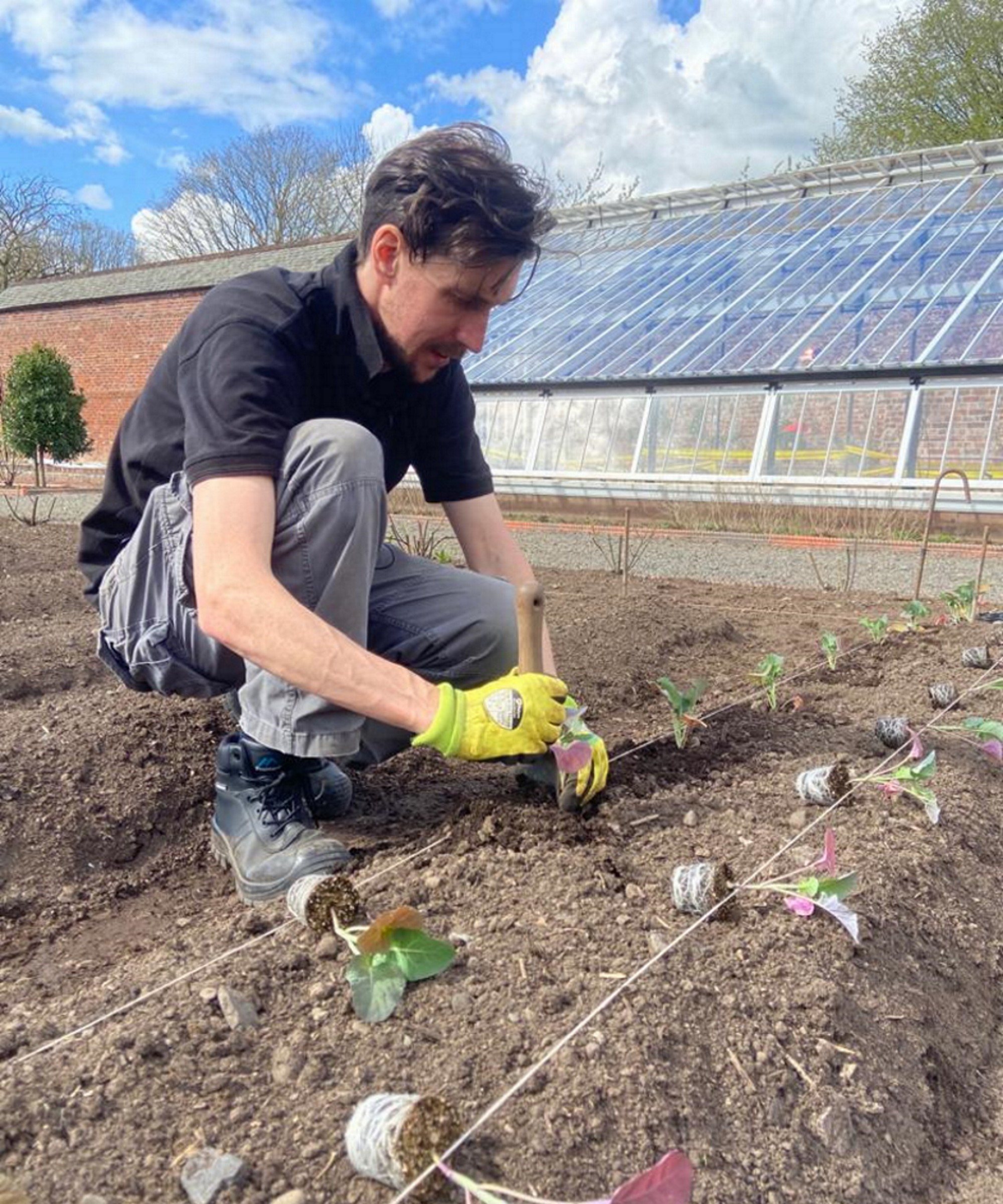
Drew qualified as a journalist and wrote for many websites and publications, before studying for a horticulture qualification. He worked as a professional gardener for several years, specializing in kitchen gardening. He's now bringing his expertise and passion to Homes & Gardens as a member of our team.

Evan Torchio is a plant expert and the CEO and Founder of Tree Menders. He earned a bachelor’s degree in forestry and is a member of the International Society of Arboriculture. Evan provides advice on indoor and outdoor plants
How to fertilize citrus trees
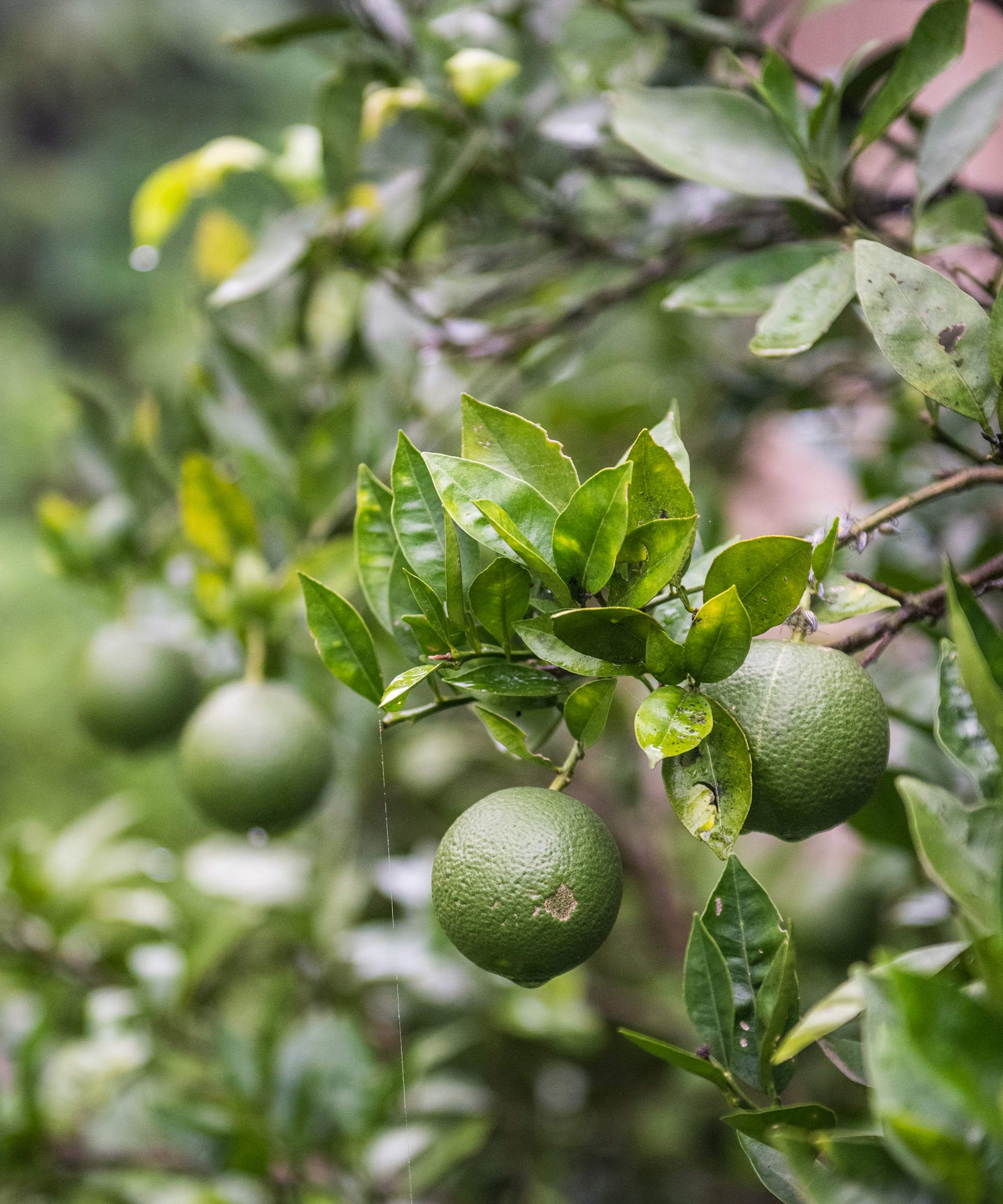
Now that you know when to fertilize citrus trees, you can start planning how you're going to do it. The first place to start is understanding what nutrients citrus trees need most, so that you can select the right plant food.
'Citrus trees want the following macronutrients: nitrogen, phosphorus, potassium, calcium, magnesium and sulfur,' says Allen Tate, arborist at Blooma Tree Experts.
The first three nutrients that Allen notes are also known as NPK and will often be found as plant fertilizer numbers on different products.
'Citrus trees want the following micronutrients: manganese, zinc, iron, copper, boron, molybdenum, chlorine and nickel,' Allen adds.
With the right fertilizer in hand, you can go ahead and apply it by following the instructions on the product.
'When applying, spread the fertilizer evenly around the base of the tree, keeping it a few inches away from the trunk. Water well after to help it reach the roots,' says Evan.
'Overfeeding can harm your tree. It's always better to under-fertilize than overdo it, so don't be afraid to hold back a bit if you're unsure,' he adds.

Allen Tate is an ISA-Certified Arborists with 10+ years of experience in the green industry. He works for Blooma Tree Experts, a high-quality tree care contractor located in Seattle, Washington. His experience ranges from tree pruning (including fine pruning of ornamental trees and shrubs) to tree and plant healthcare.
Shop citrus tree fertilizer
FAQs
Is tomato feed good for citrus trees?
You can use tomato feed to fertilize your citrus trees. It's a fertilizer that contains essential nutrients for citrus trees, including nitrogen, phosphorus and potassium among others. Tomato feed can be used to fertilize citrus trees throughout the year and you should increase frequency of fertilization during active growth periods.
Citrus trees can be fertilized throughout the year to encourage greater yields, however you should take care to reduce fertilization during colder months when the trees aren't growing as much.
Ensure you also care for potted lemon trees in winter properly to ensure they remain fruitful throughout the year.

Tenielle is a Gardens Content Editor at Homes & Gardens. She holds a qualification in MA Magazine Journalism and has over six years of journalistic experience. Before coming to Homes & Gardens, Tenielle was in the editorial department at the Royal Horticultural Society and worked on The Garden magazine. As our in-house houseplant expert, Tenielle writes on a range of solutions to houseplant problems, as well as other 'how to' guides, inspiring garden projects, and the latest gardening news. When she isn't writing, Tenielle can be found propagating her ever-growing collection of indoor plants, helping others overcome common houseplant pests and diseases, volunteering at a local gardening club, and attending gardening workshops, like a composting masterclass.
